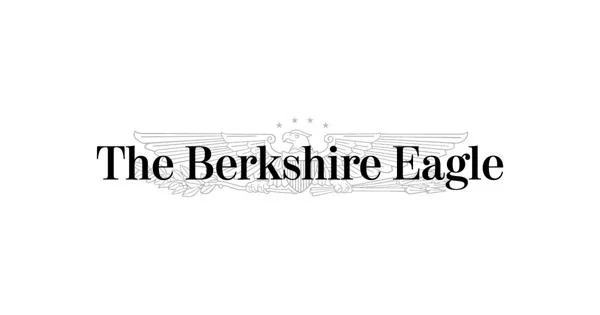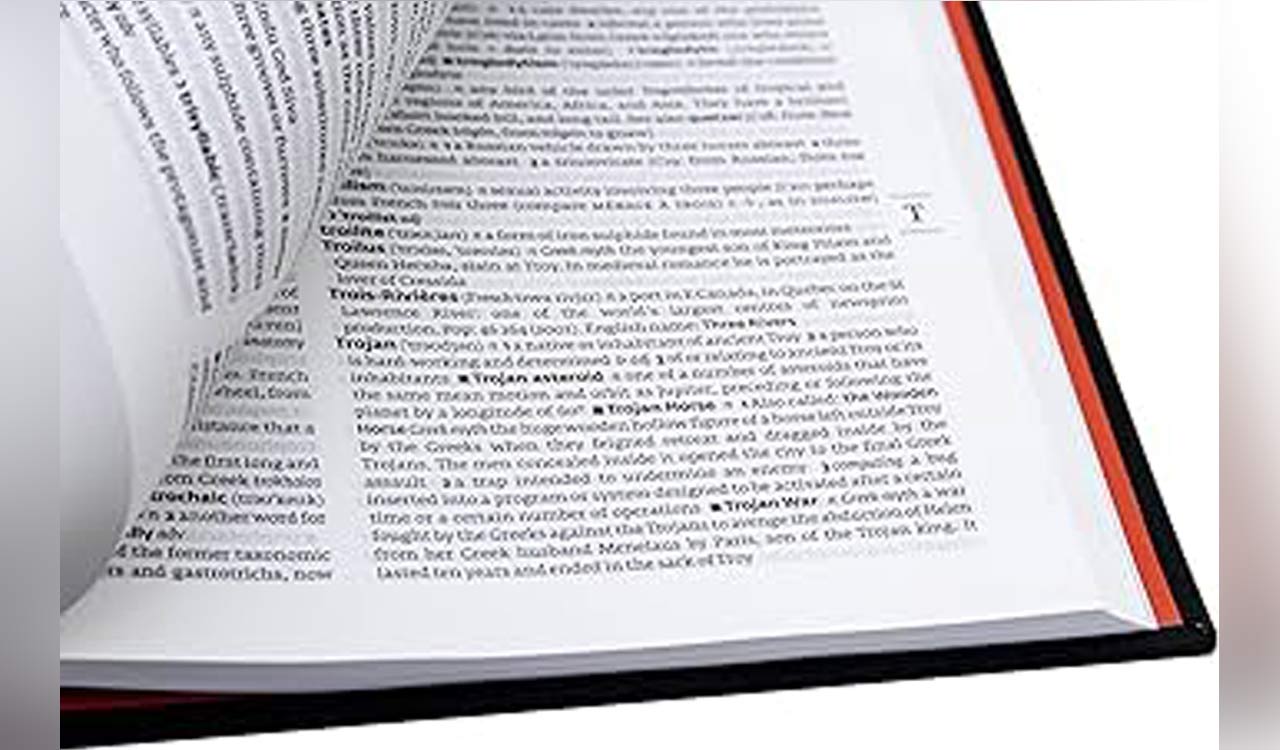Copyright latestly

If you’re planning to buy health insurance, here’s a satisfying bonus: the Indian tax code actually encourages you to do it. Section 80D of the Income Tax Act offers valuable deductions on eligible premiums and certain medical expenses. Used smartly, these rules can trim your tax outgo while you put a robust safety net in place for your family. Below is a crisp, practical playbook tailored for Indian readers that shows how to make Section 80D work harder for you. First, A Quick Refresher on Section 80D Section 80D permits deductions for premiums paid towards medical insurance for yourself and your family, and in specific circumstances, even for defined medical expenses of senior citizens. Individuals and HUFs can claim, subject to prescribed limits and conditions laid down by the Income Tax Department. Payments typically need to be non-cash, with a limited exception for preventive health check-ups. Old vs New Tax Regime: Why it Matters Deductions under Section 80D are available under the old regime. If you’ve opted for the new regime, the benefit is generally not available, so evaluate which regime is proper for you before you plan your claims. Smart 80D “Hacks” to Stretch Your Savings Simple, legal moves to make Section 80D work harder while your health insurance plans work smarter. 1. Cover the Right Family Mix Premiums paid for yourself, your spouse and dependent children are eligible within the overall caps. Paying for your parents’ mediclaim policy can fetch an additional, separately capped deduction, beneficial when parents are senior citizens. Keep all family members’ covers under review before renewal. 2. Consider a Family Floater Plus a Super Top-Up A family floater can be cost-efficient when several members need cover, while a super top-up helps you boost the total cover without inflating base premiums. The premium outgo for both can qualify, subject to limits, and can help you reach the deduction ceiling more sensibly. 3. Pay Digitally Cash is a Common Claim-Killer Section 80D expects payments by non-cash modes. Keep premiums paid via net banking, UPI, card or cheque. Preventive check-ups have a special carve-out, but do verify the latest instructions each year to avoid disallowances. 4. Use the Preventive Check-Up Window A small allowance sits within Section 80D for preventive health check-ups. Many health insurance plans providers include free or discounted check-ups with the policy, and users can keep invoices neatly filed. 5. Senior Citizens: Premium or Medical Expenses For senior citizens without an active medical insurance policy, specified medical expenses may be claimed instead, within the prescribed cap. This is a thoughtful relief for families where insurance may be hard to obtain due to age or pre-existing conditions. 6. Multi-Year Policies: Plan the Paperwork If you choose a multi-year policy for convenience, remember the deduction is spread proportionately across the covered years. Keep a copy of the premium breakdown so you can claim the right portion each year without confusion. 7. HUFs Can Claim Too If you manage family finances through an HUF, premiums paid for members can be eligible within Section 80D’s framework. The same documentation and non-cash payment rules apply. 8. Buy Early, Renew on Time Premiums are typically lower when you start younger and stay continuously insured. Consistent coverage reduces underwriting surprises at renewal and keeps your mediclaim policy benefits intact, which is suitable for both protection and tax planning. Choosing the Right Cover A deduction is excellent, but the policy’s usefulness on a stressful hospital day matters more. When shortlisting the best health insurance for your situation, compare: Pre- and post-hospitalisation coverage for a defined period; Day-care procedures and room-rent terms; AYUSH hospitalisation inclusion. Claim support and responsiveness. If you’re unsure about the sum insured, consider pairing a sensible base plan with a keen top-up. Avoid These Easy Mistakes Pointers to avoid: Paying in cash (other than the limited check-up exception) and then expecting a deduction. Forgetting policy details at filing time. Recently, ITR utilities ask for granular information such as insurer name and policy number; keep receipts and e-copies handy. Mixing regimes, choosing the new regime and then trying to claim 80D. Letting policies lapse, leading to waiting periods restarting and potential claim issues. Final Thoughts Treat tax relief as a bonus; the priority is a policy that genuinely meets your needs. Start with adequate coverage, a reliable claims experience and benefits that match your family’s needs, then let Section 80D do its quiet bit in the background. When you buy health insurance with a clear-eyed view of benefits and paperwork, you’re not only protecting your finances, you’re also giving your future self fewer reasons to worry.



